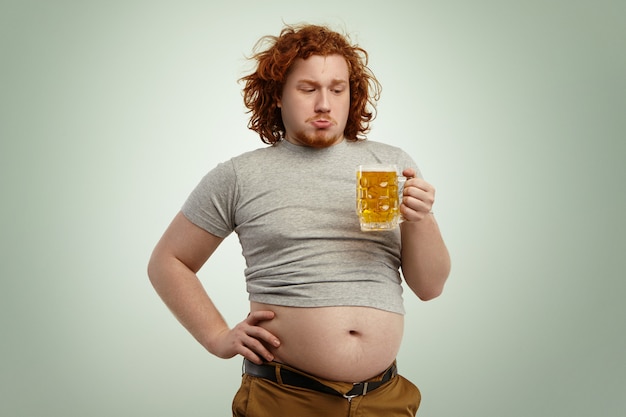
If you want to lose weight, it might seem like a no-brainer to just eat less and count calories. However, according to Terry Fairclough, a personal trainer and co-founder of Your Body Programme, that’s not necessarily the best approach for everyone.
When talking about the best diet for weight loss, there’s a lot of differing advice. Some people wonder if they should count calories, eat low-fat or low-carb, go high-protein, fast, or have small meals throughout the day. But what’s important is making sure you’re not undereating.
Sure, creating a huge calorie deficit can make the pounds drop, but it might not help you lose fat, which is what most of us actually want. Our diets are typically larger than they need to be, so a small calorie deficit might be necessary for some people because they’ve been overeating. However, undereating as a weight loss strategy isn’t effective.
When we eat, carbohydrates become glucose, our cells’ main energy source. If we don’t immediately need the glucose, it’s stored as glycogen, which can be quickly converted back to glucose for energy. If you cut your calories drastically, you’re mostly losing this stored glycogen and associated water, not fat.
Your body can panic and hold onto fat if you’re on a long-term calorie deficit. Instead, it might break down protein for energy. Protein is essential; it helps burn fat while at rest. Hence, it’s vital to consume enough calories from fats, carbs, and proteins.
Fat is crucial for energy, offering more than twice the energy of carbohydrates or protein. It’s stored in muscles for easy access during exercise and, unlike limited glycogen stores, fat is virtually unlimited for energy use. Cutting out fat entirely can leave you without the energy needed to burn excess fat.
Restricting calories and key nutrients can lead to deficiencies, impacting systems in your body like immunity, liver, and digestion. This can lead to health issues such as fatigue, malnutrition, and hormone-related conditions, including depression and fertility problems.
Extreme calorie deficits stress the body, prompting the release of cortisol, a stress hormone. Short-term, this can seem effective for weight loss, but over time, high cortisol holds onto fat and breaks down protein. As a result, it slows metabolism and can lead to increased belly fat and thyroid issues, affecting your overall health and metabolism.
Undereating can also impair nutrient absorption, crucial for good health and effective training. It can disrupt sleep, as low blood sugar triggers adrenaline, waking you up. Poor sleep affects liver function, immunity, and can increase weight gain.
Bodybuilders sometimes restrict calories for competition, but this approach can be unhealthy if done incorrectly. If you continue to cut calories excessively, your body can enter a starvation mode, storing any extra calories as fat instead of using them for energy.
Ultimately, it’s essential to eat the right amount of calories, carbs, fats, and proteins suited to your body type, goals, and lifestyle. Your Body Programme was created to help you determine these needs based on your body type. Eating this way does not restrict calories and can actually aid in fat loss.
Make sure your diet includes plenty of lean proteins like chicken, fish, and legumes; healthy carbohydrates from fruits, vegetables, and whole grains; and healthy fats such as avocado and nuts.